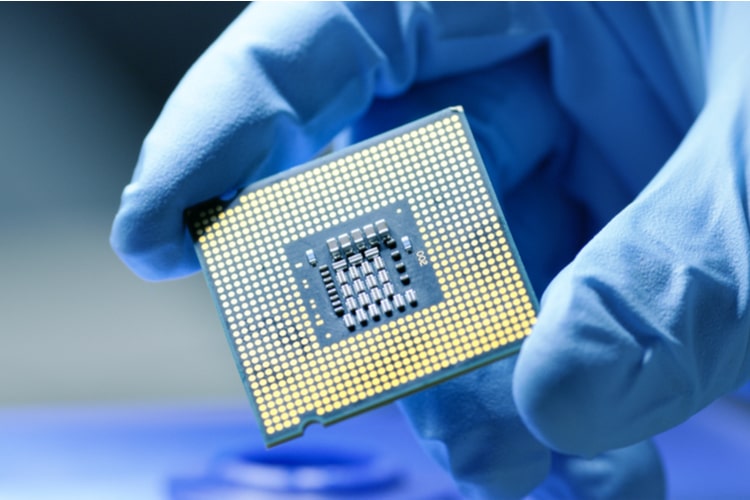|
Getting your Trinity Audio player ready...
|
The semiconductor industry, also known as the chip industry, is at the forefront of the current global chip war. The chip industry is a vital part of the global economy, with chips being used in a wide range of products, including smartphones, computers, cars, and even household appliances. The global chip war is a conflict between countries and companies vying for control of this important industry.
The origins of the global chip war can be traced back to the early 2000s, when China began investing heavily in its own chip industry. This was seen as a threat by the United States and other countries, who feared that China would soon become a dominant player in the chip industry and potentially cut off access to vital technology. In response, the US and other countries began investing in their own chip industries and implementing policies to protect their domestic chipmakers from foreign competition.
The global chip war reached a new level of intensity in recent years, as the COVID-19 pandemic exposed vulnerabilities in the global supply chain. This led to shortages and delays in the production and delivery of chips, which affected a wide range of industries and caused major economic disruptions. The pandemic also highlighted the reliance of many countries on a small number of countries, specifically China and Taiwan, for the production of chips.
This has led to a renewed push by countries and companies to secure their own sources of chips and reduce their dependence on foreign suppliers. The United States, for example, passed the CHIPS for America Act in 2020, which allocated $200 billion in funding to support the domestic chip industry. Similarly, countries like South Korea and Japan have also increased their investments in their own chip industries.
The global chip war has also been fueled by geopolitical tensions, particularly between the United States and China. The US has accused China of stealing American technology and intellectual property, and has implemented a number of measures to limit Chinese companies’ access to American technology. China, in turn, has accused the US of trying to contain its rise and has implemented its own measures to protect its domestic chip industry.
The global chip war has also led to a number of high-profile business deals and acquisitions. For example, Intel, one of the world’s largest chipmakers, announced plans to invest $20 billion in new chipmaking facilities in the United States, as well as up to $90 billion in new European factories, in an effort to reassert its position as a leader in the industry. Similarly, companies like Samsung and TSMC have also announced plans to expand their own chipmaking capabilities.
The global chip war is a complex and multifaceted conflict that has far-reaching implications for the global economy and international relations. Countries and companies are investing heavily in their own chip industries in an effort to secure their own sources of chips and reduce their dependence on foreign suppliers.
The global chip war is also being fueled by geopolitical tensions and concerns about the concentration of chip manufacturing in a small number of countries. The outcome of this war is yet to be seen, but it will likely shape the future of the global economy and the balance of power between nations.
In conclusion, the global chip war is a highly complex and multifaceted conflict that has far-reaching implications for the global economy and international relations. The chip industry is a vital part of the global economy, and countries and companies are investing heavily in their own chip industries in an effort to secure their own sources of chips and reduce their dependence on foreign suppliers.
The global chip war is also being fueled by geopolitical tensions and concerns about the concentration of chip manufacturing in a small number of countries. It will be important to follow the ongoing developments in this war, as it will likely shape the future of the global economy and the balance of power between nations.
